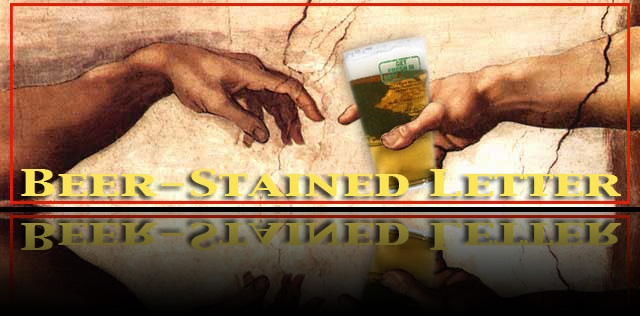Upcoming: Ken Burns docu on Prohibition
 Something to keep on your radar for this weekend: filmmaker Ken Burns’ new documentary work, Prohibition, a spotlight on America’s 13-year, wrongheaded experiment with temperance.
Something to keep on your radar for this weekend: filmmaker Ken Burns’ new documentary work, Prohibition, a spotlight on America’s 13-year, wrongheaded experiment with temperance.
The three-part, five-hour series begins at 8 p.m., Sunday (Oct. 2) on PBS. Burns’ documentary, made with Lynn Novick, traces the headwinds of the temperance movement, how it played out and why Prohibition was such a colossal failure.
What makes Burns’ Prohibition worth your time is simple. A lot of what we know or heard about America's going dry is shaped mostly by Hollywood gangster dramas. Burns’ docu serves up a refreshing round of facts, and once again the filmmaker calls upon author Daniel Okrent (a source in the 1994 Burns-Novick docu Baseball). Plus, you may notice a lot of the political fits, obfuscations and maneuverings playing out today look similar to those of the early 20th century.
Okrent’s 2010 book, Last Call, is the definitive account of the Prohibition Era, pulling together all the social and political forces that set the Terrible 13 in motion, and detailing how America stayed wet when the mandate was dry.
The 18th Amendment, and accompanying Volstead Act, marked the first time the nation’s charter took away a right and the first time the country took an eraser (the 21st Amendment) to something it had added to the Constitution.
Prohibition did not ban the partaking of alcoholic beverages. It only outlawed the commercial manufacture, importing, transporting and sale of intoxicating beverages (consequently, lots of religious and medicinal production of spirits and wine resulted, both genuine and disingenuous; homebrewing also got a nice boost).
The result of going dry – the unintended consequences – gave rise to a regiment of gangsters and widespread corruption (in New Jersey, at least two names come up – Newark’s Abner “Longy” Zwillman and Atlantic City’s Nucky Johnson) and a sprawling illegal booze trade (by both land and sea) to slake the thirst of folks who had no intention of ending the party. (Jersey trivia moment: The 18th Amendment was ratified in January 1919, taking effect a year later. The Garden State was the last of the nation’s then 48 states to ratify Prohibition, in 1922, two years after dry had become the law of the land. Connecticut and Rhode Island were the only states to say, “Screw it, we’re not going there,” and did not ratify the go-dry amendment.)
Despite its demise 78 years ago, Prohibition has had a lasting effect: the federal income tax (to replace lost tax revenue on booze); women’s right to vote (suffrage boosted the odds of Prohibition’s passage, since women were at the forefront of temperance); mixed drinks (something was need to cover the shitty taste of bathtub gin); and his and hers restrooms in bars (a byproduct of speakeasies, since before the dry era women usually did not frequent bars, but rather quietly imbibed at home).
There was also a colorful lexicon of slang, of which a few phrases still remain, while others make for great bar names, i.e. blind tiger, rumrunner.
For beer enthusiasts, the end of Prohibition gets celebrated each April 7th, the day beer became legal again in 1933. (Jersey trivia moment: Eight months prior, in August 1932, candidate FDR gave a campaign speech in Sea Girt in Monmouth County, during which the future president talked of giving Prohibition the heave-ho.)
On Sunday, pour yourself a beer and toast the cooler heads who prevailed and consigned Prohibition to the ash heap of history.














